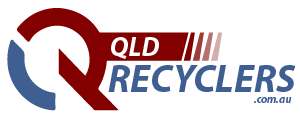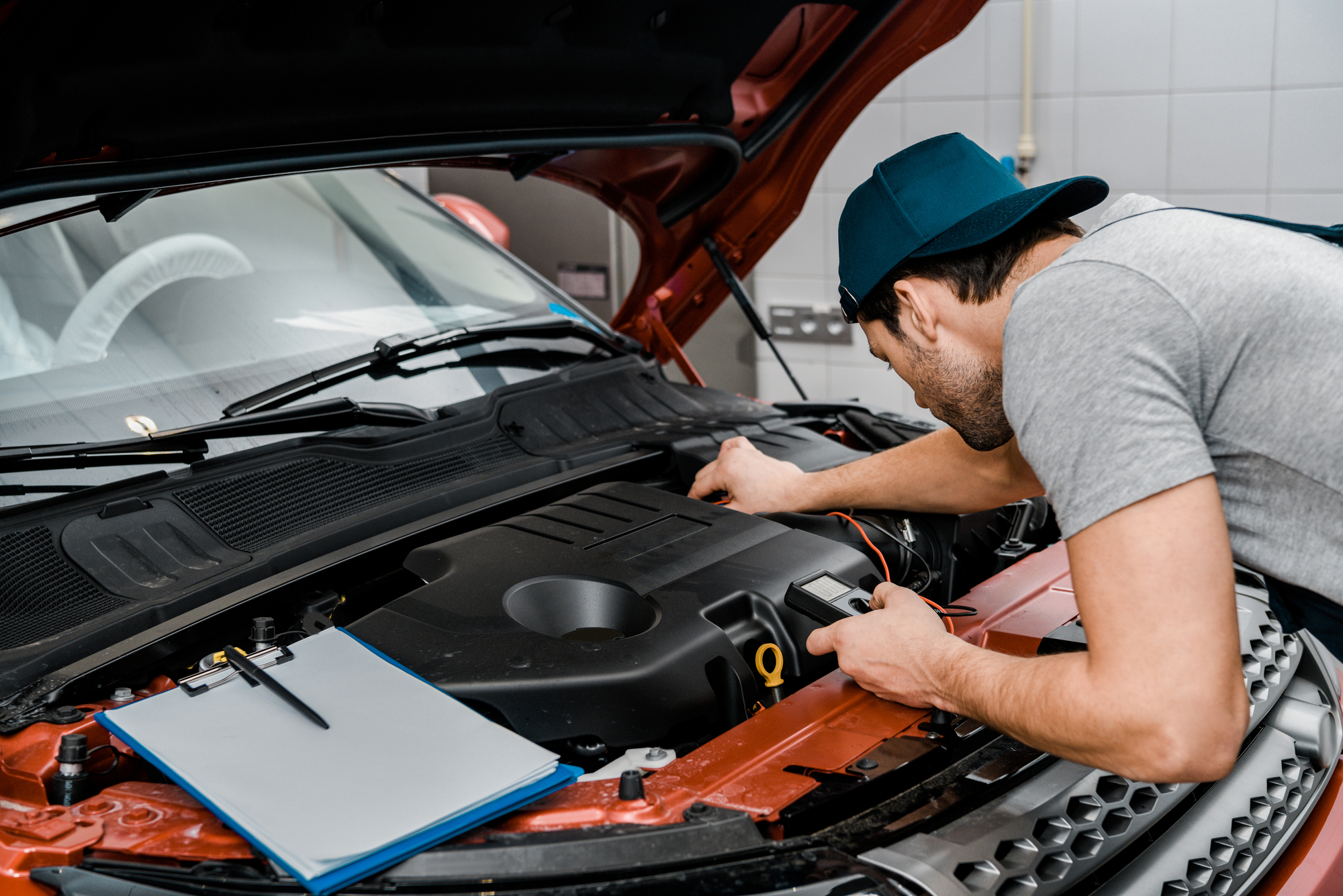How to Check the Car Parts When Buying a Used Car
1. The Leak Test
Car fluids are to a car what blood and water are to our body. It is entirely essential to check for any holes. If not done as such, you may wind up spending a lot greater sums as the car ages under your proprietorship. A case of this is a leakage of engine oil can prompt presentation of foreign particles into the engine block.
To check your car isn't having any leakages, take your vehicle on a test drive and park the car. Keep the car running for at any rate 30 seconds. Move about the car and check for leakages. If you see a dark liquid, it is conceivable that your engine oil is leaking. If you see green juice close to the front of your car, it means that coolant leakage. Furthermore, if the liquid is pink, it may show a break in the car's transmission.
2. Tires
One way tires recount to the entire story of the car is how they have worn out. Individuals with rash driving who push their vehicle a lot of puts an excessive amount of weight on the front wheel's the outside shoulder. That can be outwardly observed. If so, anticipate that issues should spring up in different parts also because driving propensities direct the mileage of any car.
Additionally, the tires ought to be similarly worn out. If not really, there may be a constant wheel arrangement issue. If the tires are worn out additional on the drive wheels, this implies the driver didn't turn the wheels.
3. Pedals
Cars which haven't been driven a lot have their brake pedals' elastic flawless. While a trade-in vehicle will have the flexible brake pedals worn out, that shows the car has been driven a lot. This little check will help you in the event that a merchant has attempted to alter the odometer. Get more details about scrap metal buyers Brisbane.
4. Car Frame
Assess the bumpers and the seat. A seat bolsters the car radiator and associates the front fenders. It may be catapulted or welded. Check this welding or the jolt heads inside the hood. A scratch imprint to these will demonstrate that the bumpers have either been supplanted or realigned. This is typically done after a car collision.
5. Engine
Assess the engine block for any oil stains. On the off chance that there are any, it could mean leakage in a gasket. This can be a costly future fix. Likewise, check the belts. They should look new and ought not to have any splits or signs of drying. The planning belt is the most significant and the most expensive to supplant. On the off chance that it is a steel timing chain, there is no compelling reason to stress. Check from the producer the advised time to change the planning belt. Additionally, check from the dealer the last time the belt was changed.
6. Oil Filler Cap
Check for any froth buildup inside the filler. On the off chance that present, it shows a leaking head gasket. Try not to purchase the car.
7. Dipstick Test
Check the engine oil with the dipstick. It ought to be pink or red and not seem as though it is scorched.
8. Car Exhaust
The car fumes can discharge the copied fuel. Checking the substance of this smoke and the fumes can give you a smart thought about the engine's condition. On the off chance that you see blue-dark smoke from the fumes, it implies that engine oil is leaking past engine seals and is blending in with the fuel where it is getting singed. It requires just a limited quantity of oil leakage to cause this blue smoke. That implies the car may have worn out cylinders, valve seal; cylinder rings engine oil seals, admission gasket spill or even head gasket leakage.

